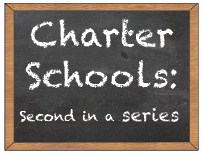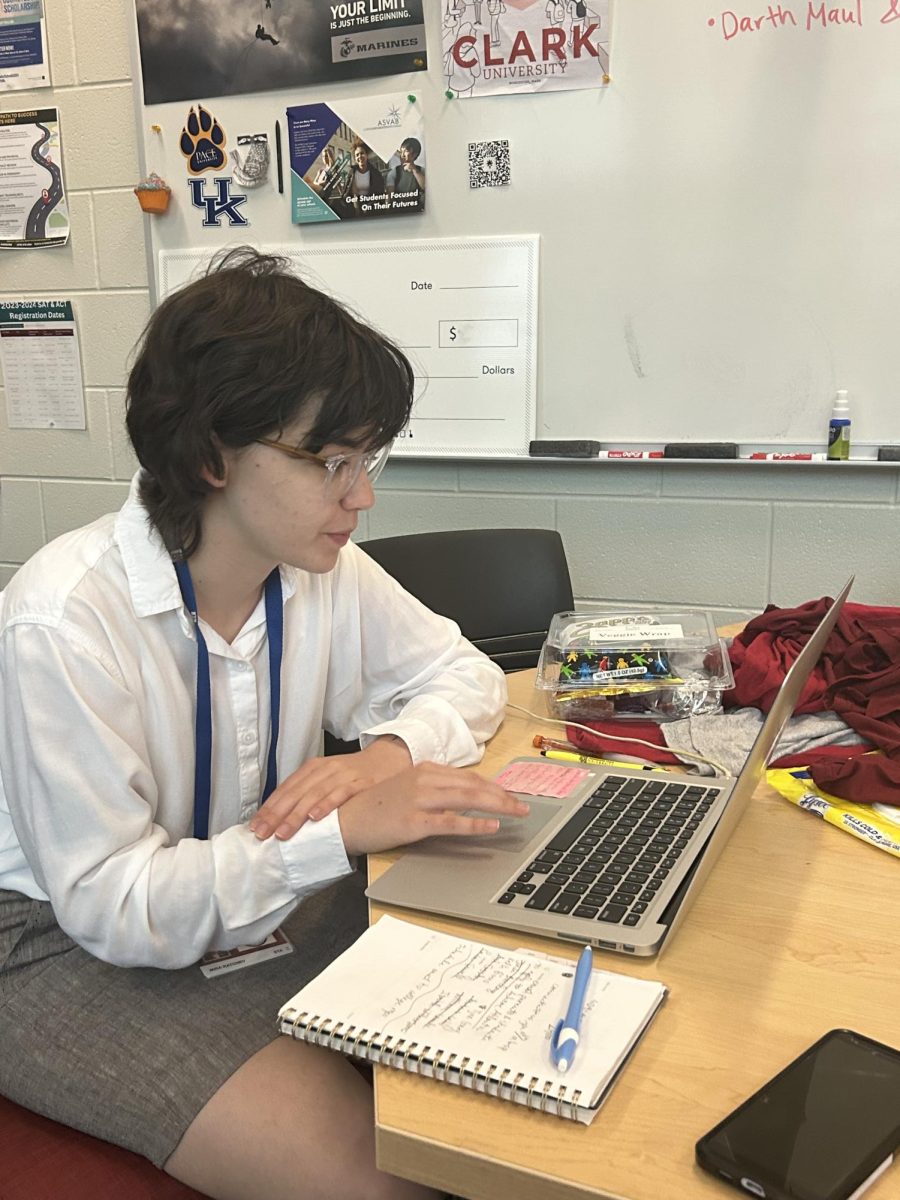 The Nov. 5 APS Board of Education election may prove to have been one of the most significant in recent years, because the new board will have to make several major decisions affecting the district’s stance on charter schools.
The Nov. 5 APS Board of Education election may prove to have been one of the most significant in recent years, because the new board will have to make several major decisions affecting the district’s stance on charter schools.
Charter schools receive public funding and are part of public school districts but are granted flexibility from some of the regulations that govern traditional public schools, like those regarding class sizes and teacher certification. According to the Georgia Department of Education, the state currently has 217 charter schools, 107 of which are located in Georgia’s 14 charter systems.
The most important decision the board will face, as far as charter schools are concerned, is the selection of a new operational model for the district. By June 2015, the board must choose between options ranging from a traditional system, which is the model APS currently uses, to a charter system, which would make all APS schools charter schools. With the possibility looming that APS might become a charter system, the debate over the efficacy of the charter-school model is ramping up.
Nina Rubin, director of communications for the Georgia Charter Schools Association, said that since charter schools are freed from some of the rules that govern traditional schools, they are permitted to be more creative and try new techniques. Rubin thinks charter schools can benefit traditional public schools by being incubators for innovative educational techniques, which, if proven effective, can be adopted by traditional schools.
Rubin also argued that another advantage of having charter schools is that, if they fail to meet their specified goals, they must be closed.
“They are given the opportunity, within a certain period of time of the charter, to boost student achievement,” Rubin said, “and if they don’t do what they promise, unlike traditional schools that may perpetuate failure, their charters will not be renewed, and they’ll have to close.”
Opponents of charter schools, however, argue that charter schools aren’t any better than public schools, and are often worse. Many cite a 2009 study from Stanford University that found that only 17 percent of charter schools outperform their traditional counterparts, while 37 percent perform worse.
A 2013 update on that study, however, showed significant improvement for charter schools, with only 31 percent performing worse than traditional schools in math, and 19 percent in reading. The new study found that the performance of Georgia’s charter schools, compared to the state’s traditional schools, were largely the same as they were in 2009.
One of the most well-known networks of charter schools is the Knowledge Is Power Program, or KIPP, which operates six APS schools. A national study of KIPP middle schools conducted in 2013 by Mathematica Policy Research found that “the average impact of KIPP on student achievement is positive, statistically significant, and educationally substantial.”
Critics of the KIPP model, however, argue that the difference is simply a result of longer time spent in school. In an interview with PBS’s Hedrick Smith, KIPP co-founder Mike Feinberg said that KIPP students spend about 67 percent more time in the classroom than students in traditional schools.
Critics also argue that KIPP has more money to work with than other schools have. A 2011 study released by Columbia University and Western Michigan University found that nationally, KIPP spends more per student than other charter schools and traditional public schools, largely because of private donations from philanthropic groups.
Despite these contentions, many see promise in the KIPP model. KIPP Metro Atlanta executive director David Jernigan said KIPP can offer a path to success, especially for low-income students.
“KIPP specifically provides a college-preparatory program that supports students to and through college,” Jernigan said. “And it’s a unique program that students would not necessarily have the opportunity to get at a traditional APS school.”
Other critics claim charter schools “cream-skim,” or enroll students that are wealthier and more high-performing than others. A 2012 analysis by The Atlanta Journal-Constitution shows that 70 percent of APS charter students qualified for free or reduced-price lunch, while 75 percent of traditional school students did.
Additionally, some argue that charter school administrators can raise their test scores by kicking out students who don’t meet expectations. A January 2013 analysis by The Washington Post revealed that charter schools in the nation’s capital expelled students at a much higher rate than traditional schools.
APS board member Cecily Harsch-Kinnane said the charter school movement ignores students who remain in the failing schools.
“You can lose motivated, involved families and students to charters,” Kinnane said, “so it’s not necessarily the resources directly, but kind of momentum and efforts toward the school that can be hurt by charters.”
State Rep. Pat Gardner, D-Atlanta, also thought the issue of what becomes of the students who don’t transfer out of failing traditional schools and into charter schools is a “real dilemma.”
State Rep. Margaret Kaiser, D-Atlanta, however, who describes herself as a “big supporter” of charter schools and was on the founding board of the Atlanta Neighborhood Charter School, thinks that charter schools can be beneficial to low-income students. Kaiser argued that parents need to have a choice in their children’s education.
“As long as we have parents who are unhappy with their school choices, charter schools are going to be what help us effect change, what help us make the existing traditional schools better,” Kaiser said.









